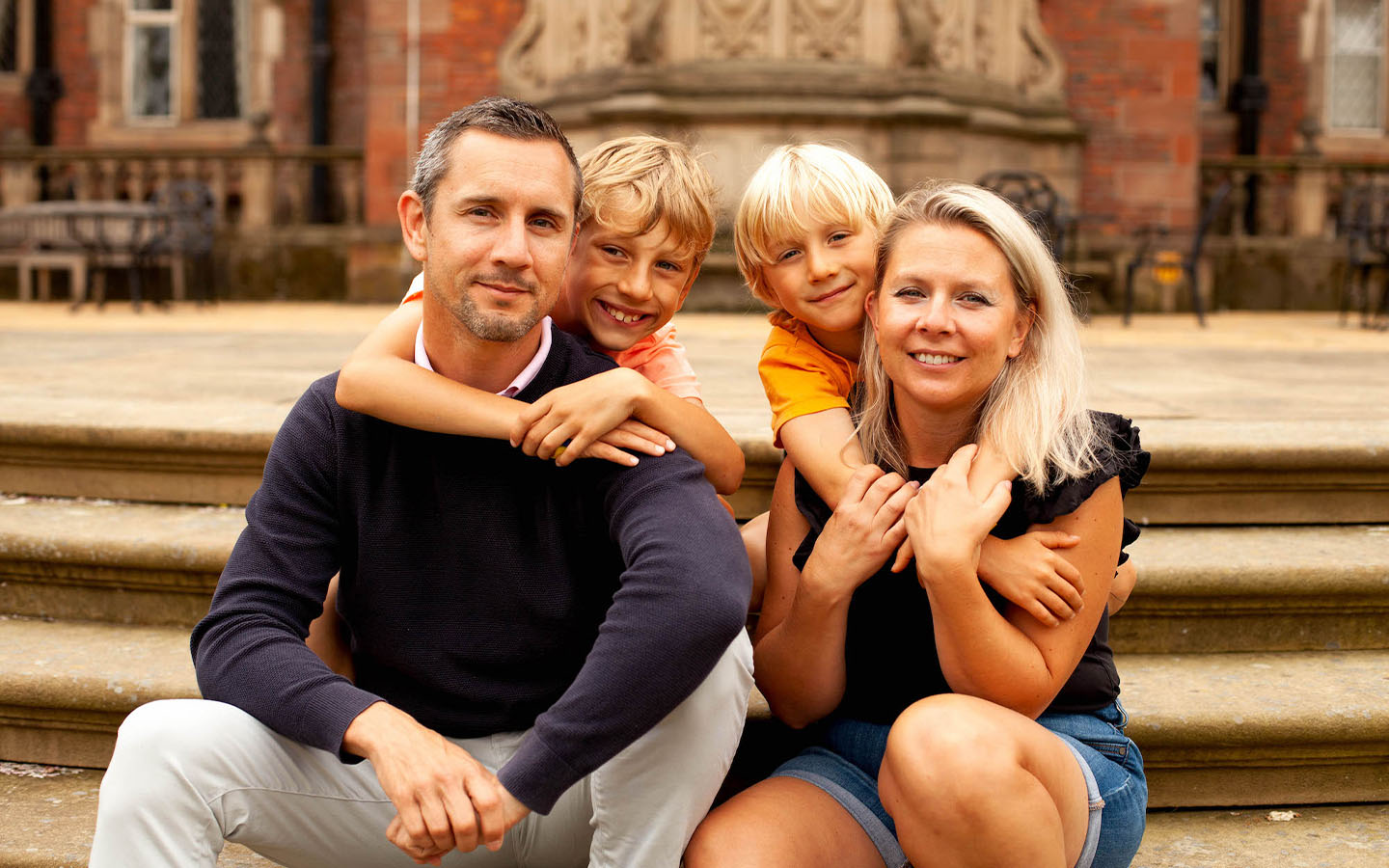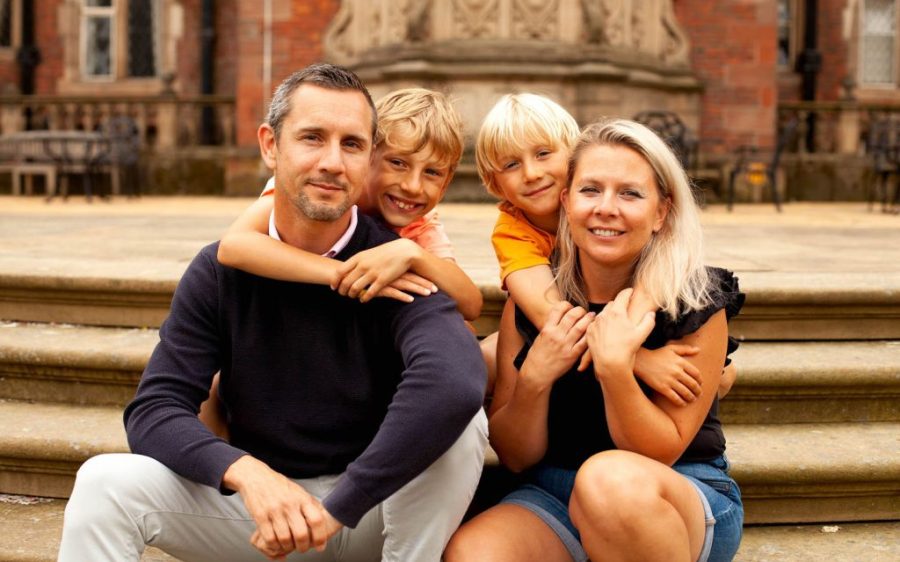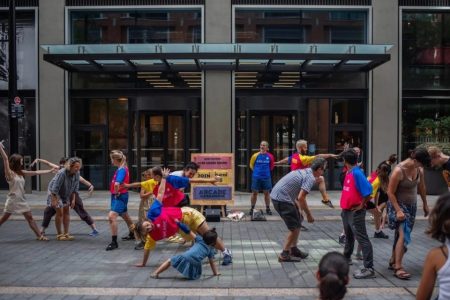At the end of this month, Peter McCleave will be setting foot for the first time in Macao, where he will join more than 1,400 other individuals in the 2024 edition of Encontro – an annual reunion of the Macanese diaspora from around the world. UK born of mixed English, Irish and Macanese descent, McCleave is hopeful that the gathering will allow him to retrace the steps of his paternal grandmother who was the daughter of a Chinese mother and a Portuguese father.
“I’ve been aware of my family heritage since I was a kid, but I just kind of took it for granted as that being the norm,” the 46-year-old tells Macao News. “To be able to come back and go to the area where my nan was born and try to do a bit of history tracking … [is] going to be awesome.”
[See more: Peter McCleave’s race against time is leading him to Macao]
During this weeklong celebration between 30 November and 6 December, McCleave also has another equally important goal on his agenda: to raise awareness for his 10,000 Donors campaign, which seeks to encourage people to register as stem cell donors to help blood cancer patients. For McCleave, it’s a race against time.
Living with blood cancer
McCleave has been living with myeloma, a form of terminal blood cancer, since his diagnosis in 2017. At the time, the doctors gave the former investment banker, as well as a sometime triathlete and rugby coach, only seven more years to live.
“It felt like someone just hit me with a sledgehammer. It was almost as if somebody just shut the door on what life used to be and then this whole new world of complete uncertainty and unknown opened up,” he told Macao News in an earlier interview.
While myeloma currently remains incurable, McCleave has been able to keep the disease at bay, allowing him to overcome the original prognosis. “New drugs have come online since [2017], which have been more effective,” he explains. “They’ve given that extension of time, so now there’s at least another five years’ worth of drugs, subject to efficacy, that I can take advantage of now.”
[See more: Experts call for early detection on World Diabetes Day, as cases rise in Macao]
Although McCleave has been able to temporarily manage his cancer, stem cell therapy currently remains his only real hope of significantly prolonging his life. If he can find a compatible donor of a similar ethnicity and heritage, the 46-year-old could live long enough to see his two young sons, Max and Seb, grow up, and perhaps even witness the development of a cure.
Unfortunately, this goal remains elusive, as stem cell donations have been historically low. The World Donor Association reports that only around 44 million people were registered to donate globally in 2023, representing around 0.5 percent of the current world population. To make matters worse, multiracial individuals, such as McCleave, have a much lower chance of locating a matching donor of a similar ethnic background. As the UK Stem Cell Strategic Forum noted in a 2022 report, “patients from a minority ethnic background have only a 37 percent chance of finding the optimal donor” in contrast to those with a British, Irish or Northern European background, who have a 72 percent chance.
The 10,000 Donors campaign
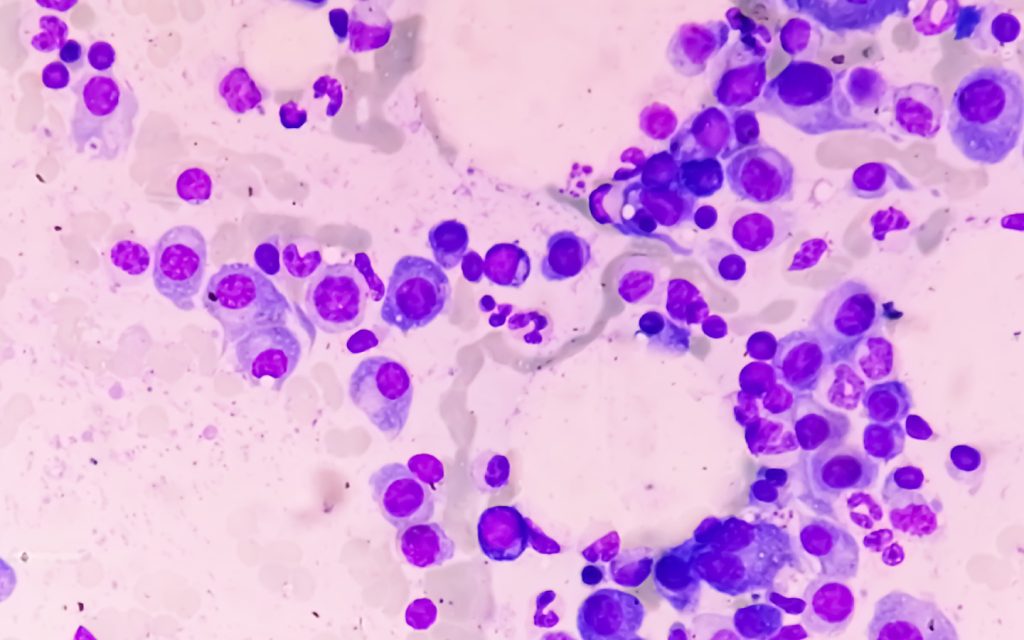
In an effort to boost the number of stem cell donors, especially those from minority and mixed backgrounds, McCleave launched the 10,000 Donors campaign in 2018.
“It’s really been about action and sort of using my story more as a foil to engage people,” McCleave says. Among the early initiatives was the hit song “The Tide,” which was based on blog entries that McCleave had written following his diagnosis and produced with musician Lee Gordon.
Another was called Gob for Good (“gob” is British slang for mouth). The social media drive invited various UK celebrities to spread the word about stem cell donation by encouraging people from ethnically diverse backgrounds to take a mouth or “gob” swab test to see if they were eligible to donate.
[See more: Lord Stow’s Bakery holds fundraiser to support breast cancer research]
The 10,000 Donors campaign has been nothing short of a resounding success: in fact, it has persuaded over 100,000 donors to sign up and has led to 23 donor matches. Although McCleave is the face of the project, he is adamant that it is much bigger than simply one man.
“I don’t do this campaign really for me because I’m aware how difficult it is to find a match. I do it because there’s a health inequality that can be fixed,” he says. “Once we’ve got 70 or 80 percent of the world registered, we can stop doing this because people will have their matches.”
Taking the 10,000 Donors campaign to Macao
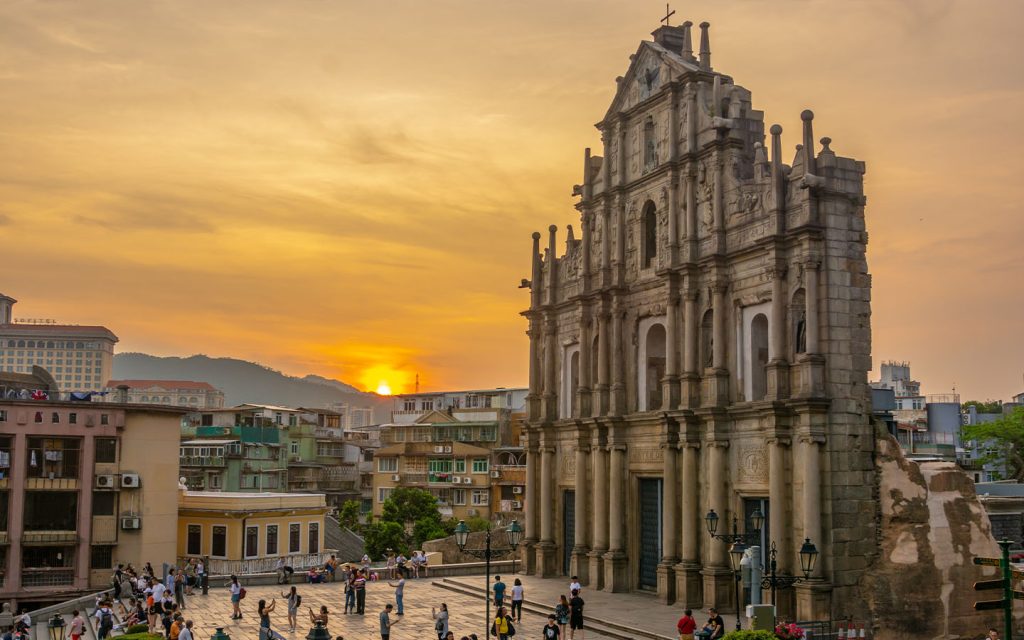
McCleave is now preparing to take his fight against myeloma to Macao. Back in 2018, he had an opportunity to engage with members of the Macanese diaspora in San Francisco and bring to their attention the importance of stem cell donation. He hopes to do the same during Encontro by building a platform and educating people about his cause.
“It’s the only chance I’ll ever get to speak to people of my heritage on that [issue] and just explain to them that through a simple cheek swab or in Southeast Asia, a blood draw from the Hong Kong Red Cross, you can be the genetic twin of someone with blood cancer,” he says. “By donating those stem cells, you are effectively providing your genetic twin with lifesaving treatment.”
Over the course of 10 days in Macao and Hong Kong, the campaigner will be giving radio and TV interviews, as well as participating in an array of events, some of which will be documented by a film crew from the UK broadcaster ITV.
[See more: Five things to know about Movember 2024]
“They’ll be following my family heritage, seeing some of the presentations I’m giving and some of the events we’ve got lined up and just making a documentary about it,” McCleave says.
He believes that the involvement of ITV and other media outlets has enabled the 10,000 Donors campaign to amplify its message, noting that “when I started 10,000 Donors, it became obvious to me that I alone was never able to achieve very much, and I was trying to find creative ways of engaging people.”
So pervasive is the reach of the media that McCleave reveals a Portuguese government official recently gave him a call to offer to help him retrace his family tree and potentially pave the way to his acquisition of Portuguese citizenship. “It’ll be a proper connection with my family heritage,” he says.
A new chapter for Peter McCleave
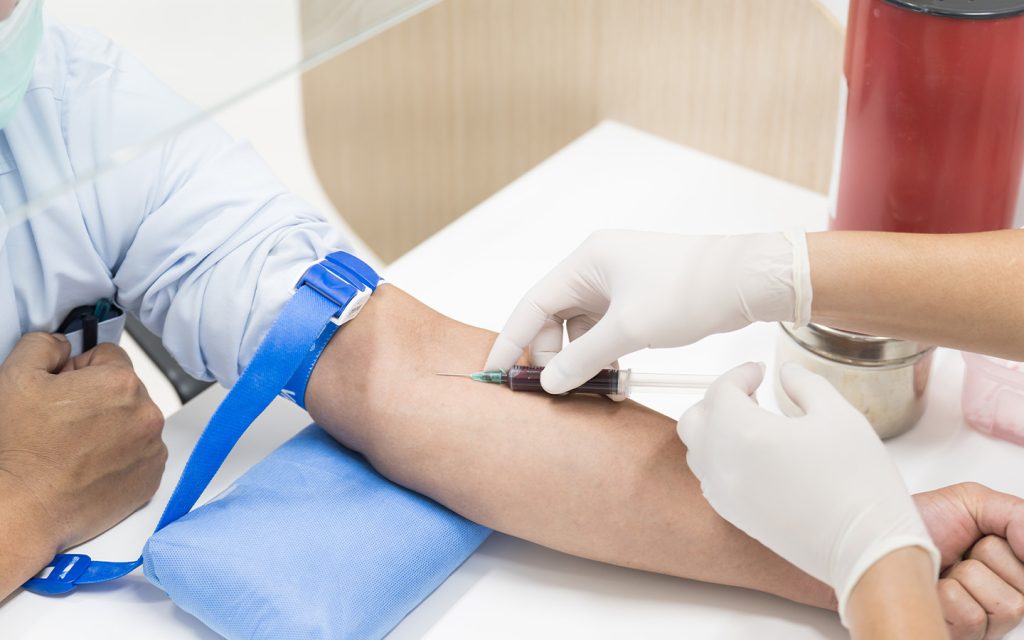
McCleave describes his Macao trip as the “pinnacle” of his campaigning. “This is my last 10,000 Donors project and it’s the biggest one I’ll have done and the most impactful,” he notes.
After returning from Macao, McCleave intends to continue his fight against blood cancer through a new position that he was appointed to in April of this year – as the managing director of DKMS, an international charity that aims to raise awareness about blood cancer and stem cell donor registration. “They operate out of seven different countries, but not in Asia yet. I’m hoping to fix that,” he says.
[See more: ‘We have to move forward.’ The Macanese community ponders its role]
With the even bigger platform that DKMS provides, McCleave is confident that he will be able to help blood cancer patients “on a scale I’ve not been able to do before.”
The 46-year-old is also cognizant of the fact that time is ticking for him, although his two sons remain a source of personal comfort and motivation.
“I’m acutely aware that at some point the medicine will stop working and I won’t have any other options” he says. That’s why I’m coming down [to Macao]. I need to say to my boys, ‘I did everything I could do, but I made a difference as well.’”
